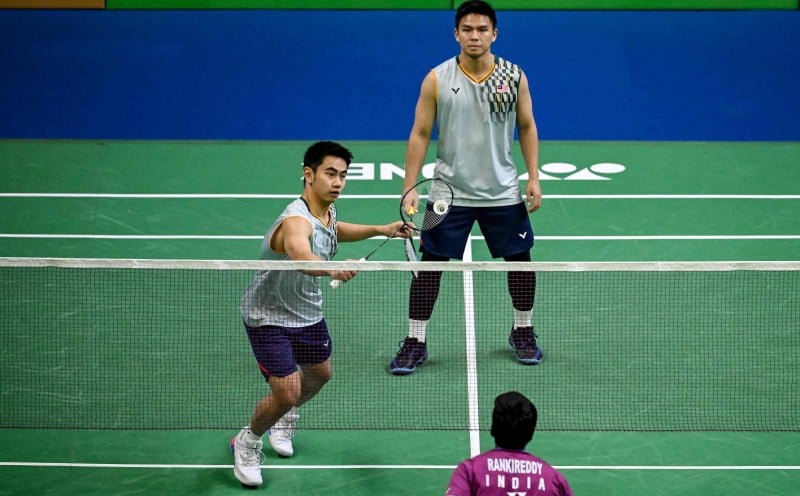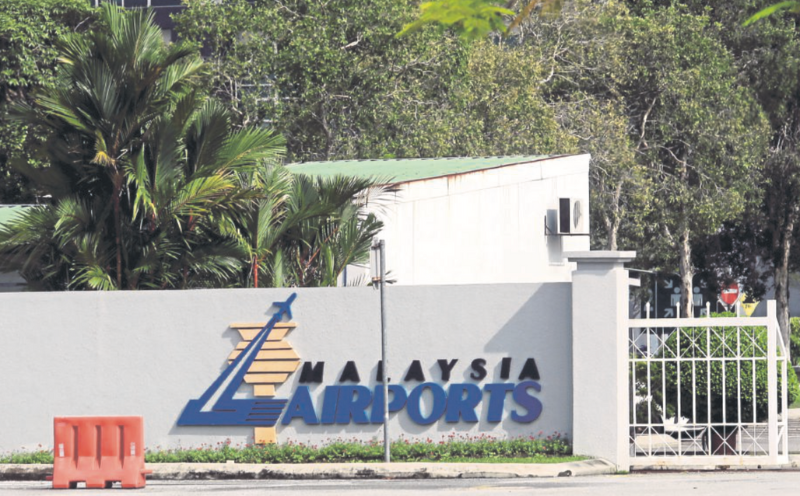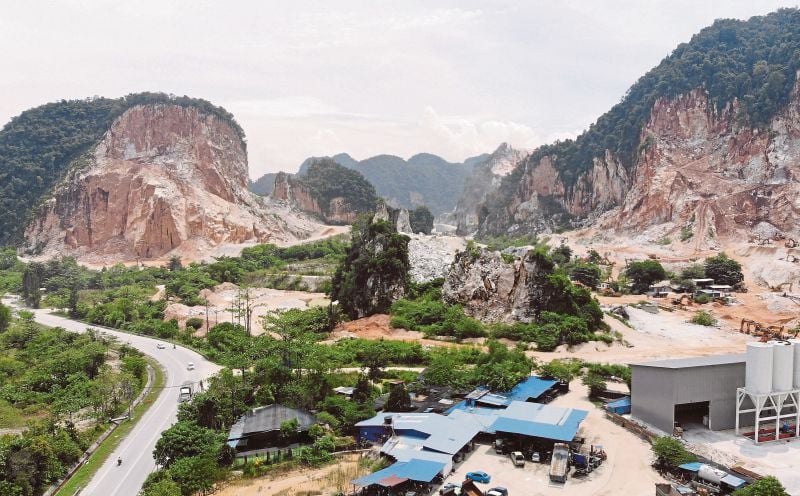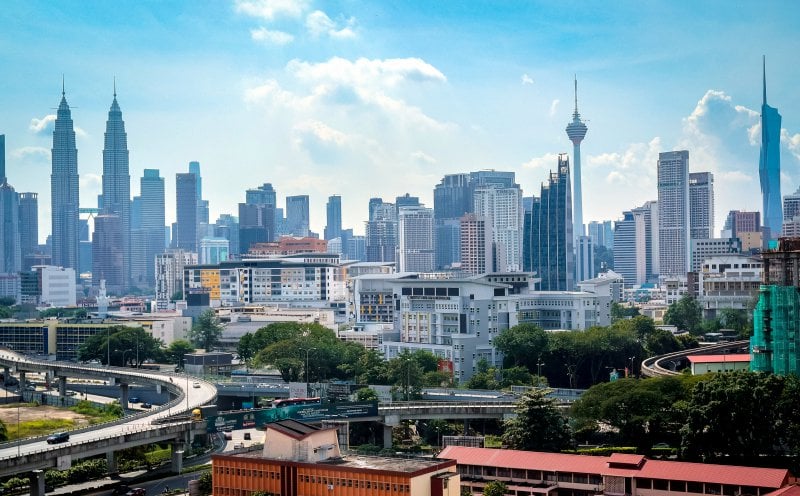JOHOR BARU: The Johor state government has started a RM4 million project to transfer additional raw water into two dams hit by critically-low water levels.
Menteri Besar Datuk Seri Mohamed Khaled Nordin said the project is expected to provide up to 30 million litres per day of additional raw water to the Sungai Layang and Sungai Lebam dams.
"The mechanical and civil engineering works for the project have started and we expect the water transfer process to begin by the end of December," said Khaled in a statement.
The project will transfer between 10 to 15 million litres of raw water per day via a 15.3km-long network of pipes from Sungai Papan to Sungai Lebam.
Another 15 million litres of water will be transferred via a 5km-long network of pipes from Sungai Tiram to the Sungai Layang dam.
Khaled said the allocation for the project was given through SAJ Holdings Sdn Bhd.
Once completed, it is expected to restore water levels at the Sungai Layang and Sungai Lebam dams, which provide treated water to parts of Johor Baru, Pasir Gudang as well as to parts of Kota Tinggi.
"The state government is aware of the difficulties faced by the residents in the affected areas since the introduction of the scheduled water supply. We will continue to find short and long-term solutions to restore the water supply," said Khaled.
He said other efforts will continue to be taken until the state government is satisfied that enough had been done to boost the water levels at the two dams.
These efforts include cloud seeding which began Oct 12 and water supply rationing, which has prolonged the water reserves at the two dams.
Khaled said these two initiatives have enabled four affected zones in the city, namely Taman Johor Jaya, Damasara Aliff, the Tebrau 1, 2 and 4 Industrial Areas and the Mount Austin Light Industrial Area, to be excluded from water rationing this month.
He said the Johor Water Regulatory Body (Bakaj), with the cooperation of SAJ Holdings, will continue to monitor the water levels at the affected dams as rainfall has not shown any positive effect on the water levels.
Khaled also called upon local experts to provide suggestions and feedback to identify the best methods to improve the water supply and solve issues affecting the water supply at the two dams.
















